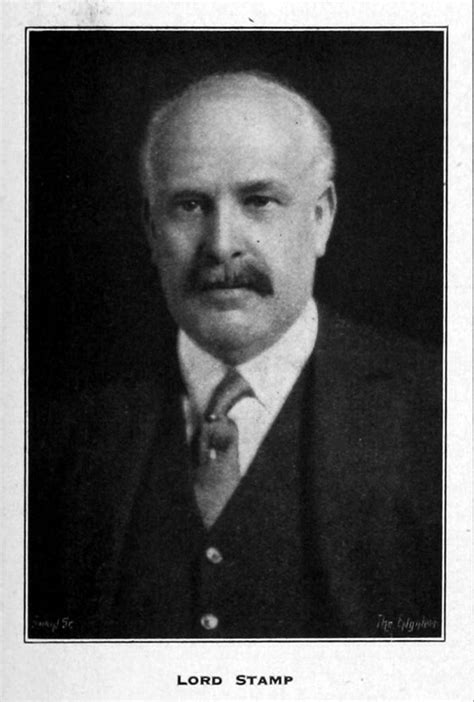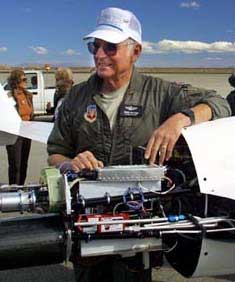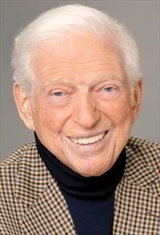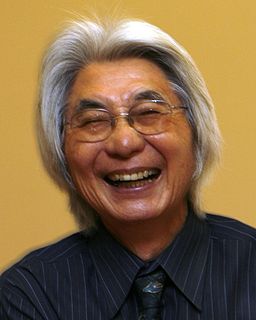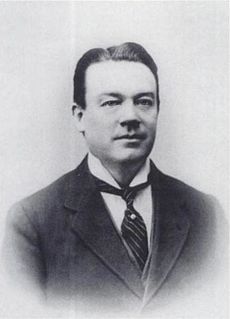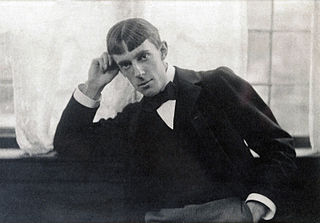A Quote by Gore Vidal
Nothing that Shakespeare ever invented was to equal Lincoln's invention of himself and, in the process, us.
Related Quotes
Until the early 90s, when I was working on a project about the idea of free will in American philosophy. I knew that Lincoln had had something to say about "necessity" and "fatalism," and so I began writing him into the book. In fact, Lincoln took over. I wrote instead 'Abraham Lincoln: Redeemer President,' in 1999, and I've splitting rails with Mr. Lincoln ever since. If there's a twelve-step process for this somewhere, I haven't found it yet.
I won't say he [Shakespeare] 'invented' us, because journalists perpetually misunderstand me on that. I'll put it more simply: he contains us. Our ways of thinking and feeling-about ourselves, those we love, those we hate, those we realize are hopelessly 'other' to us-are more shaped by Shakespeare than they are by the experience of our own lives.
I was in the hospital and I was paralyzed and I went through all of these things. I've had all of these crazy experiences and jobs in my life, but I never really write about them because I've already told them as stories to friends. For me, the process of writing is the process of invention. But the hospital story felt told already. There was nothing to discover in the telling of it. The discovery had to be in the form. It wasn't really the unfamiliarity of the form, it was more about a way incorporate invention and how to realize it imaginatively.
How can diverse Americans become "one people"? I believe that one path is for us to pursue the study of the past that includes all of us, making all of us feel connected to one another as "we the people," working and living in a nation, founded and "dedicated" (to use Lincoln's language) to the "proposition" that "all men are created equal."



